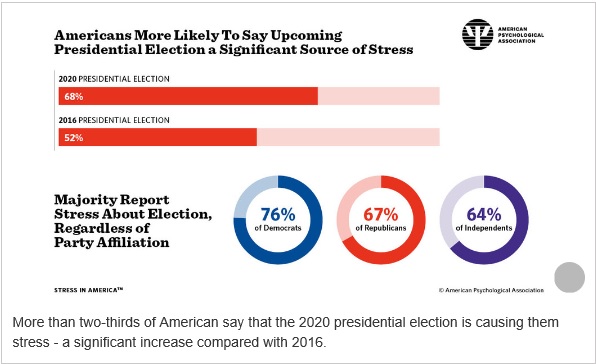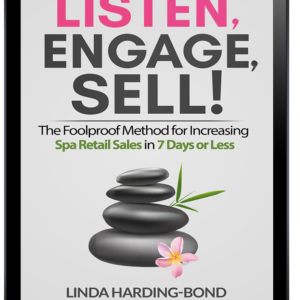Six Ways You Can Reduce Political Stress Right Now

Have you found yourself more stressed than usual by politics and the state of the nation lately? Do you worry about the direction that the country is taking, perhaps more now than before? Do you feel this is taking a toll on your emotional state, and even your physical health?
If so, you’re not alone.
Far from it, actually. And a survey from the American Psychological Association proves it. And if you’re not feeling this way, chances are that the majority of the people around you are feeling it. Yes, political stress is a thing!
Stress and the Toll of Conflict
Conflict is one of the main causes of stress that we encounter in our lives, whether it’s conflict from co-workers, from family, from significant others, from our friends, or even from people we encounter on the street and acquaintances we don’t know well.
Political conflicts can be particularly stressful because political views can be so divisive, and these disagreements can occur not only between acquaintances but between close friends and especially family members, which is when things can become even tenser.
Many people don’t like to “agree to disagree” but would rather try to convince people with opposing views that their views are “incorrect” which can backfire.
APA Study: Stress in America
APA’s Stress in America™ survey revealed that 68% percent say that they are stressed by the current political climate.4

Symptoms of stress can vary among people but often include a combination of emotional stress (feelings like worry, tension, irritability, and general anxiety) and physical symptoms, including headaches, insomnia, stomach problems, and other physical reactions.
People deal with stress in many different ways. Some of these ways are healthy and proactive, like exercising and meditation and some are unhealthy, like engaging in rumination or negative coping habits. This stress can be good when managed; we know that low to moderate levels of stress can positively motivate us to complete a project or achieve a goal. A lot of stress, however, and particularly chronic stress, can negatively affect our emotional and physical health in many ways. High levels of stress have been associated with anxiety, depression, fatigue, heart disease and high blood pressure and other serious health issues.
Knowing this can be stressful as well, but there are many techniques that can help with stress management in general. Being proactive about stress management can make a difference in the direction that your stress takes, and help prevent a downward spiral of hopelessness that feeds upon itself.
APA offers the following tips:
- Take care of yourself. Because stress can have a physical and emotional impact on your overall health, find activities you enjoy to help you recharge. Reduce your stress with relaxing “me time”, exercising, listening to your favorite music or spending time with close family and friends. It’s important to prioritize getting enough sleep, eating healthy foods, and avoiding ineffective coping mechanisms such as alcohol and substance use.
- Stay informed, but know your limits. Consider how much news you take in and how that information is affecting you.
- Schedule a short block of time for news. One in the morning and one in the evening. Turn social media-based news notifications off. During “digital breaks,” take time to focus on something enjoyable, such as a hobby, exercising, or spending time with family and friends.
- Find commonalities with others. If the topic of political differences arises, avoid heated discussions. Try to identify commonalities within your different views. If you find it difficult to discuss political issues in a calm and constructive manner, it may be best to disengage from the conversation.
- Find meaningful ways to get involved in your community. Identify issues that are important to you, and research organizations that work on those issues. Contact them and see how you can join their efforts. Taking active steps to address your concerns can lessen feelings of stress.
- Seek solace. Faith-based organizations and other community organizations can provide vital emotional and spiritual support during stressful times. Engaging in soothing activities, such as meditation, progressive relaxation or mindfulness, can also help you connect to the present moment and find some peace.
- If stress starts interfering with your everyday routine for an extended period of time, it might be time to see a psychologist or other licensed mental health professional.






